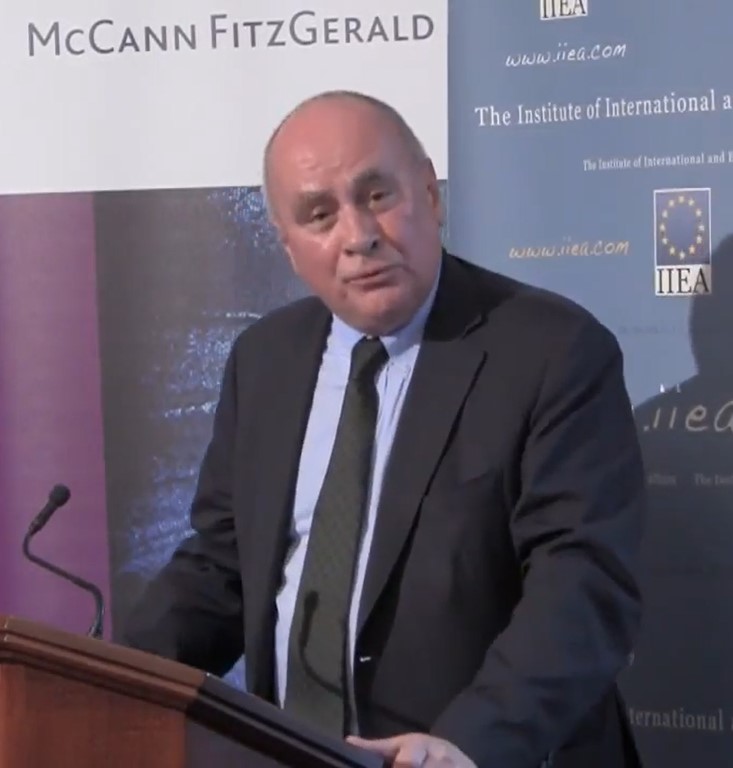|
Broadcasting Code
The Broadcasting Code2017 is a code of practice issued by the Office of Communications (Ofcom) in the UK that requires standards of good conduct for broadcasters. This elaborates on the Communications Act 2003 section 319 and others, on duties of broadcasters to contribute positively to public life by preventing hate speech, being impartial, accurate, reflecting UK diversity, and other duties. See also *UK enterprise law United Kingdom enterprise law concerns the ownership and regulation of organisations producing goods and services in the UK, European and international economy. Private enterprises are usually incorporated under the Companies Act 2006, regulated ... External linksBroadcasting Code [...More Info...] [...Related Items...] OR: [Wikipedia] [Google] [Baidu] |
Office Of Communications
The Office of Communications, commonly known as Ofcom, is the government-approved regulatory and competition authority for the broadcasting, telecommunications and postal industries of the United Kingdom. Ofcom has wide-ranging powers across the television, radio, telecoms and postal sectors. It has a statutory duty to represent the interests of citizens and consumers by promoting competition and protecting the public from harmful or offensive material. Some of the main areas Ofcom presides over are licensing, research, codes and policies, complaints, competition and protecting the radio spectrum from abuse (e.g., pirate radio stations). The regulator was initially established by the Office of Communications Act 2002 and received its full authority from the Communications Act 2003. History On , the Queen's Speech to the UK Parliament announced the creation of Ofcom. The new body, which was to replace several existing authorities, was conceived as a "super-regulator" to ov ... [...More Info...] [...Related Items...] OR: [Wikipedia] [Google] [Baidu] |
Communications Act 2003
The Communications Act 2003 is an Act of the Parliament of the United Kingdom. The act, which came into force on 25 July 2003, superseded the Telecommunications Act 1984. The new act was the responsibility of Culture Secretary Tessa Jowell. It consolidated the telecommunication and broadcasting regulators in the UK, introducing the Office of Communications (Ofcom) as the new industry regulator. On 28 December 2003 Ofcom gained its full regulatory powers, inheriting the duties of the Office of Telecommunications (Oftel). Among other measures, the act introduced legal recognition of community radio and paved the way for full-time community radio services in the UK, as well as controversially lifting many restrictions on cross-media ownership. It also made it illegal to use other people's Wi-Fi broadband connections without their permission. In addition, the legislation also allowed for the first time non-European entities to wholly own a British television company. Provisions of ... [...More Info...] [...Related Items...] OR: [Wikipedia] [Google] [Baidu] |
UK Enterprise Law
United Kingdom enterprise law concerns the ownership and regulation of organisations producing goods and services in the UK, European and international economy. Private enterprises are usually incorporated under the Companies Act 2006, regulated by company law, competition law, and insolvency law, while almost one third of the workforce and half of the UK economy is in enterprises subject to special regulation. Enterprise law mediates the rights and duties of investors, workers, consumers and the public to ensure efficient production, and deliver services that UK and international law sees as universal human rights. Labour, company, competition and insolvency law create general rights for stakeholders, and set a basic framework for enterprise governance, but rules of governance, competition and insolvency are altered in specific enterprises to uphold the public interest, as well as civil and social rights. Universities and schools have traditionally been publicly established, an ... [...More Info...] [...Related Items...] OR: [Wikipedia] [Google] [Baidu] |

